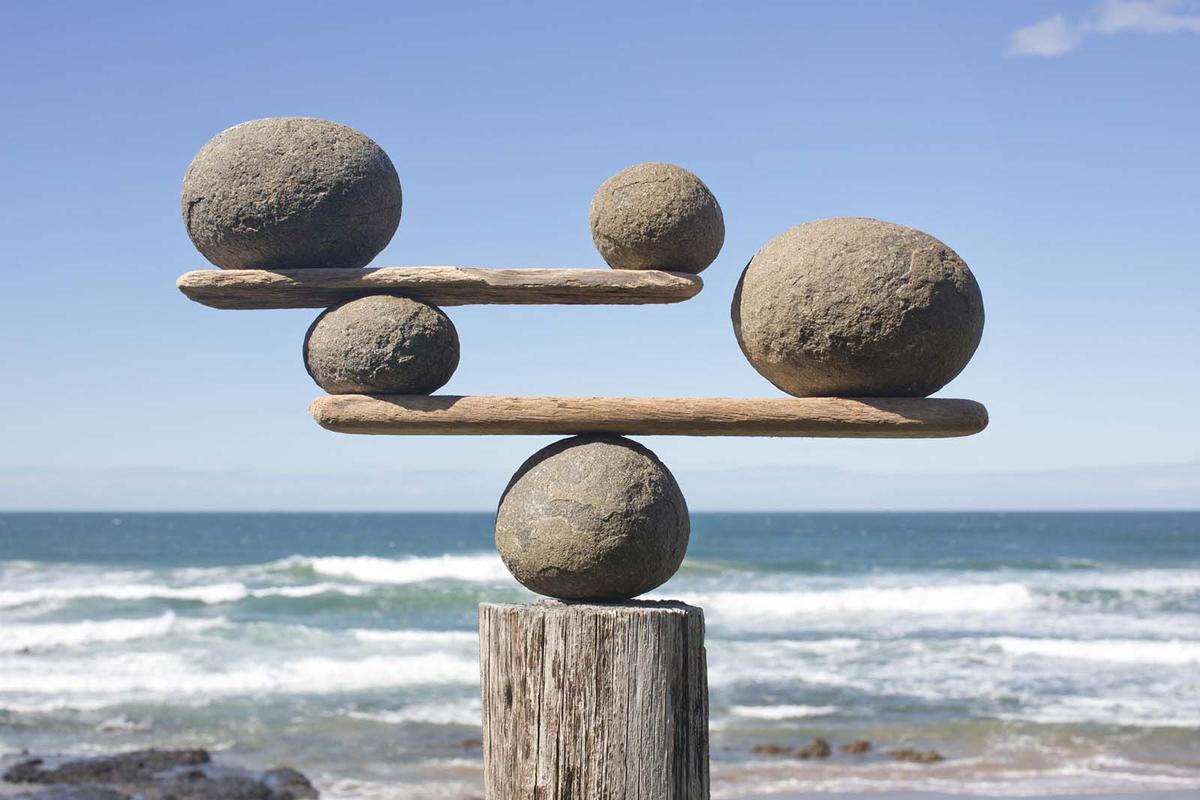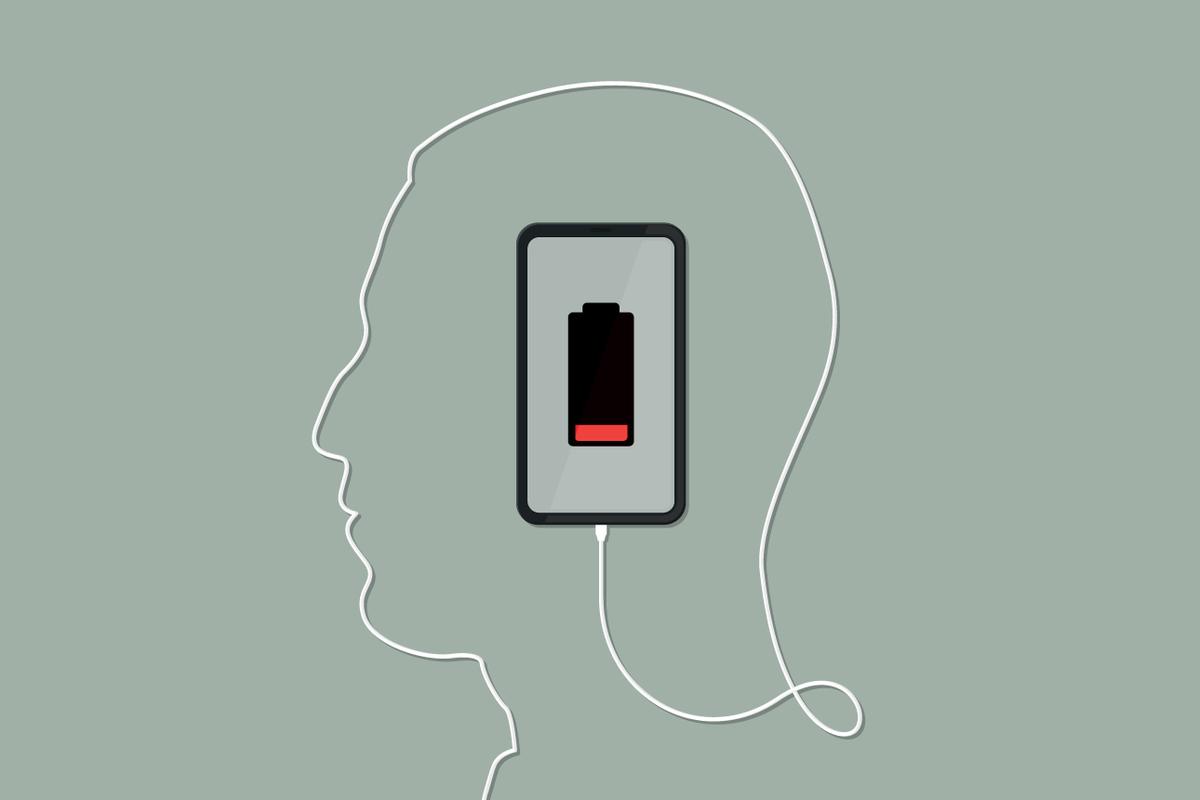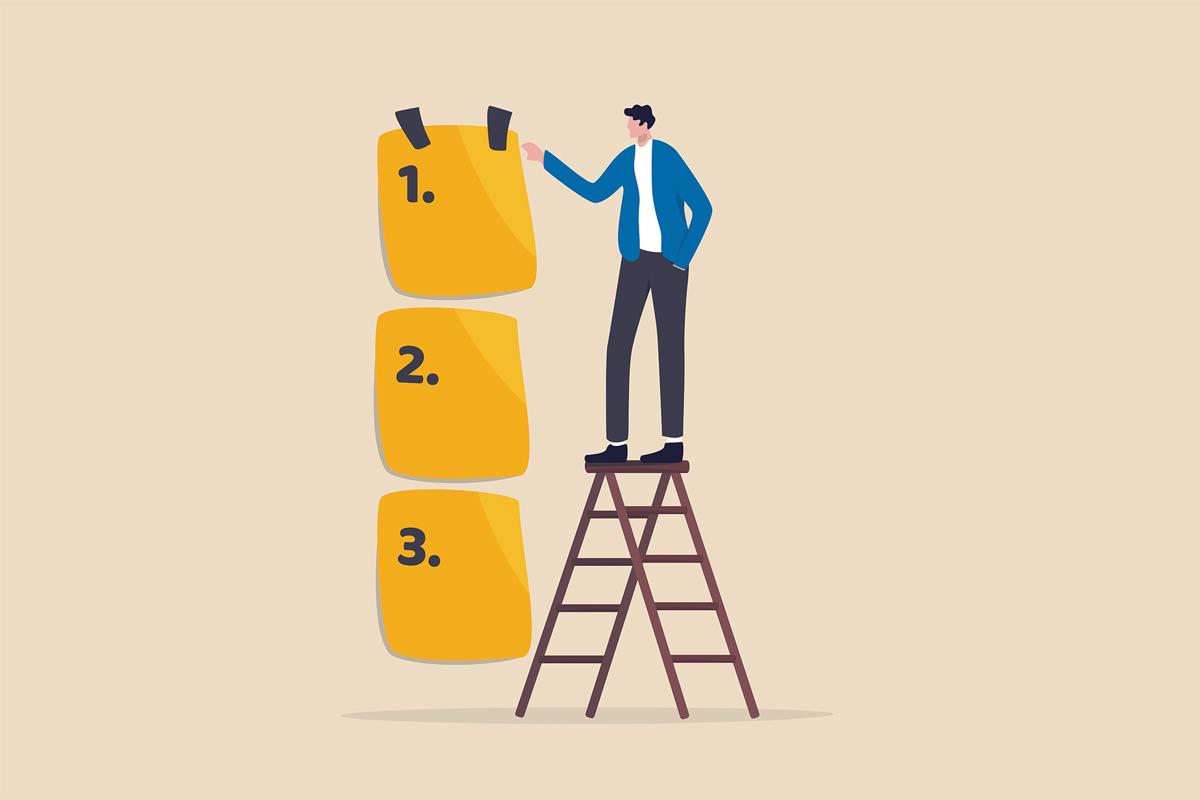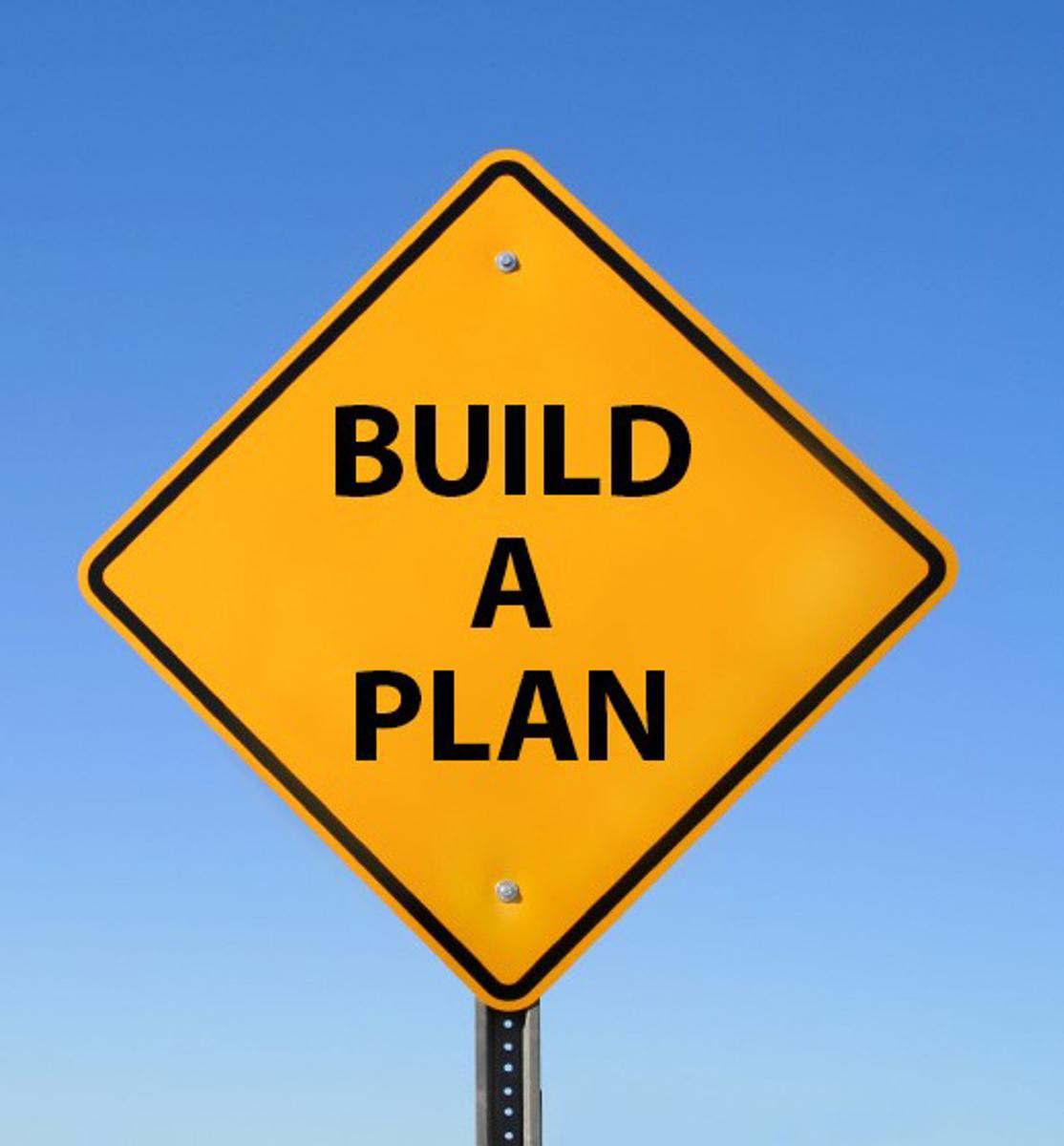Transition and
Pathways

Transition and
Pathways
HOW TO ASK PEOPLE ABOUT THEIR JOBS


Is there a job out there you think you would absolutely love? It can be hard to know exactly what a job is like unless you can get hands-on experience. Maybe you can’t find anything suitable near you, or maybe you’d just like some assurance before jumping into a work experience placement. But you can do the next best thing – ask other people about their jobs!
WHY SHOULD I ASK OTHER PEOPLE ABOUT THEIR JOBS?
Getting advice on a career you’re interested in is always a smart move. You can find out a lot you might not know, like pathways into the career, the ups and the downs, daily tasks, industry insights, and a whole lot more.
Then, you can use this valuable info to help steer you in the right direction. Think about what you learned and weigh up your options – is this still something you’d want to do, or has your perspective changed? It can also help you think about things you can do right now to get closer to your goal.
It’s always helpful to get more than one perspective too (if possible). Talk to as many people as you can.
WHAT SHOULD I ASK?
Here are some questions that you might like to ask to get the most out of the experience:
It’s important to consider how well you know the person you’re asking, and remember there are some things that could be inappropriate to ask (for example, asking how much money someone makes).
SOME FINAL TIPS
Take notes – you don’t want to go to all this trouble only to forget everything a few days later.
Ask follow-up questions – if there is something you don’t quite understand, it’s better to ask for clarification than to be left unsure. This is also a great way to show you’ve been actively listening.
Keep in touch – send the person a letter or email thanking them for their time and effort. This could be your chance to make a valuable connection for the future.
If you feel like you’re ready to jump in and get some experience, you can search for work experience positions on our website here.
3 TIPS TO FIND A LIFE OF BALANCE AS A STUDENT


Life is a balancing act, and high school students need to become master acrobats in order to navigate their menagerie of tasks and roles. Between school, study, work, chores, family, friends, and maintaining a social life, there’s a lot to keep track of each week.
It’s easy to fall out of balance – the evidence shows that most working adults in Australia only get around three and a half hours of non-work-or-sleep time each day (and women get around 30 minutes less than men). If you want to see how you compare check out this article from the ABC.
WHAT HAPPENS WHEN YOU'RE NOT IN BALANCE?


It’s easy to write off life balance as a luxury or something airy fairy. But having a good balance in your life could not only make you happier and healthier, in the long run you could accomplish more and do better. The impacts of lack of balance in your life could include:
SIGNS YOU COULD BE OUT OF BALANCE
If you generally feel happy, contented, healthy, and well rested, then you’re probably already doing a pretty great job at the whole balance thing. Of course, there’ll be times when you don’t feel great, like exam stress, or trying to juggle multiple assignments, working extra shifts to earn more cash, or periods of illness – that’s normal.
If you often feel tired, low, or that every day is a struggle, then it could be time to reassess your priorities and manage your time a bit better. If you don’t feel like the problem is going away, or if you have any concerns about your mental health, then please see a professional.
Here’s a few things to look out for:
HOW TO GET BACK IN BALANCE
There’s no one-size fits all solution to finding balance in your life. The amount we need to work, rest, and play depends on how you operate – in other words, you need to find the right balance for your life, not what you think you’re supposed to be doing.
If you’re not feeling in balance, then there are a couple of things you can try:


TIP 1 – WORK OUT WHERE YOU ARE
Make a list of what really needs to get done (homework or revision), what you would like to get done (less urgent), and what you want to do (perhaps exercise or seeing friends).
For example, you might include:
You don’t have to go into that much detail, but the more you work out, the more wiggle room you might find. Then think about the number of hours you spend doing these things and jot them down.
You could use the Life Balance Worksheet to help you keep track.
TIP 2 – WORK OUT WHERE YOU WANT TO BE
Once you’ve worked out how you’re spending your time, the next step is to think about how you would like your week to look. You’ve got 168 hours in a week.
If you sleep the recommended 8 hours a day, go to school 9am-3pm 5 days a week, travel an hour for school (there and back), and allow an hour for eating and an hour for other life admin each day, that leaves you with 63 hours a week to spare. This number is just an estimate – work out your number then use that for the rest of the calculations.
Now you need to work out what your priorities are.
Go back to the list you made in step 1 and decide which of the optional activities you have listed is most important. Then, on the same list, allocate hours to the things you want or need to do and tally them up. If you get to 63 (or your number of ‘spare’ hours) and there are still things on the list, then you’ll need to think about what matters most – so work out which activities you don’t need as much and work out a way to do less of them.
If you find you have loads of free time left – great! You don’t have to fill every minute or schedule every hour. But if there’s a club you’ve been itching to join, or a skill you’ve been wanting to learn, perhaps now is a good time to give it a go.
TIP 3 – BUILD A PLAN TO HELP YOU GET THERE


When you’ve got to this point, congrats! That’s a huge hurdle out of the way. Now you have to make the changes in order to address the balance problems and lead the life you want.
Here are some tips that could help you to achieve your end goals:
Getting balance in your life is well worth it and is a great skill to use throughout life.
TOOLS THAT CAN HELP


Mr Richard O'Connell | Transition and Pathways Specialist